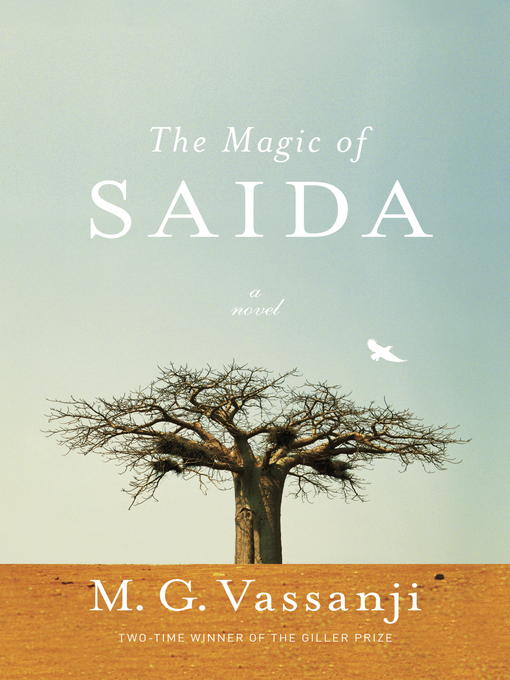Giller Prize–winner M. G. Vassanji gives us a powerfully emotional novel of love and loss, of an African/Indian man who returns to the town of his birth in search of the girl he once loved—and the sense of self that has always eluded him.
Kamal Punja is a physician who has lived in Canada for the past forty years, but whom we first meet in a Tanzanian hospital. He is delirious and says he has been poisoned with hallucinogens. But when Kamal finds a curious and sympathetic ear in a local publisher, his ravings begin to reveal a tale of extraordinary pathos, complexity, and mystery.
Raised by his African mother, deserted when he was four by his Indian father, married to a woman of Indian heritage, and the father of two wholly Westernized children, Kamal had reached a stage of both undreamed-of material success and disintegrating personal ties. Then, suddenly, he “stepped off the treadmill, allowed an old regret to awaken,” and set off to find the girl he had known as a child, to finally keep his promise to her that he would return.
The girl was Saida, granddaughter of a great, beloved Swahili poet. Kamal and Saida were constant companions—he teaching her English and arithmetic, she teaching him Arabic script and Swahili poetry—and in his child’s mind, she was his future wife. Until, when he was eleven, his mother sent him to the capital, Dar es Salaam, to live with his father’s relatives, to “become an Indian” and thus secure his future. Now Kamal is journeying back to the village he left, into the maze of his long-unresolved mixed-race identity and the nightmarish legacy of his broken promise to Saida.
At once dramatic, searching, and intelligent, The Magic of Saida moves deftly between the past and present, painting both an intimate picture of passion and betrayal and a broad canvas of political promise and failure in contemporary Africa. It is a timeless story—and a story very much of our own time.
- All Magazines
- Popular Magazines: Always Available
- Cooking and Food Magazines
- Craft Magazines
- News and Politics
- See all magazines collections



